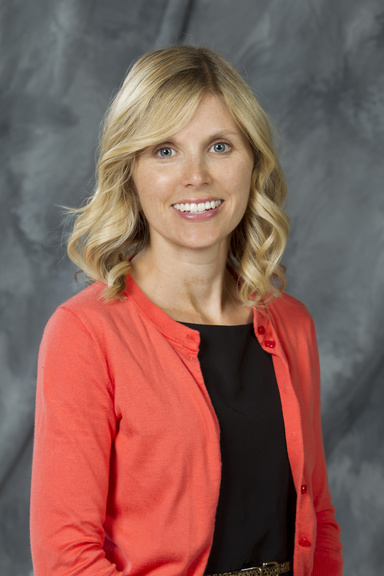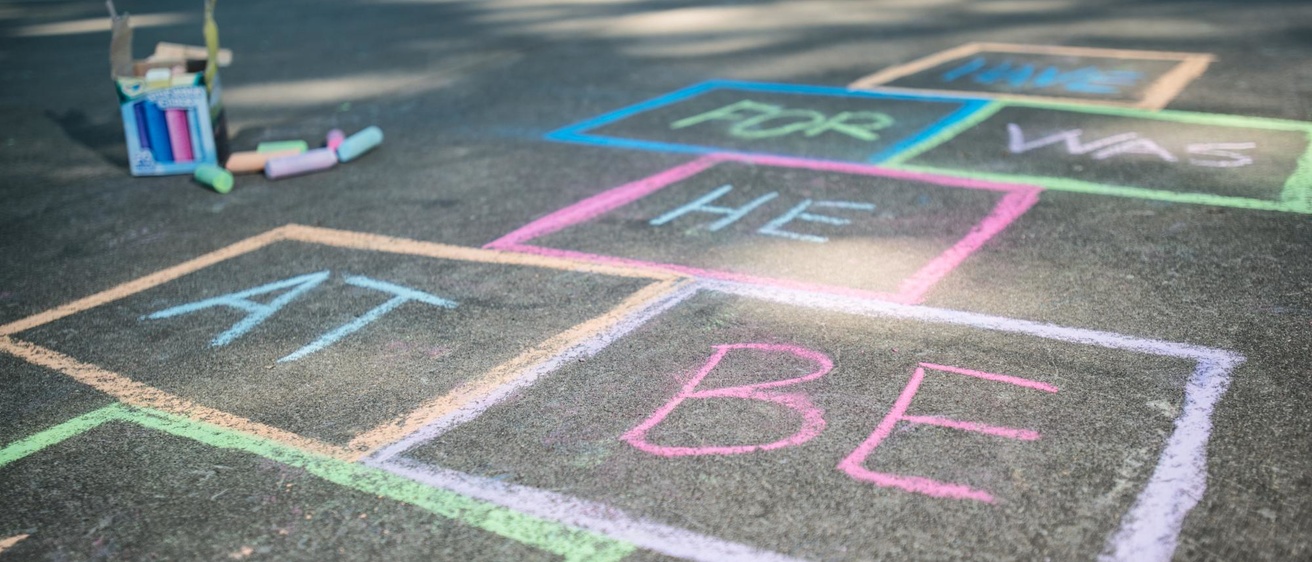Tracy Donohue is a mother of three and a former teacher with a master’s degree in reading, but even she sometimes struggles with picking the right reading resources to use with her children at home.
“I’m always looking for ways to work with my children on reading, but there are so many resources across the web it can be quite overwhelming,” she says.

Enter the Iowa Reading Research Center. The center specializes in providing the very best literacy resources for Iowans and presenting them in a searchable database.
The Iowa Reading Research Center, or IRRC, is an Iowa Department of Education program created by the Iowa legislature in 2012 as part of the Early Literacy Legislation. The center recently found a new home in the University of Iowa College of Education.
College of Education Dean Nicholas Colangelo says his goal for the partnership is to “make Iowa a model state in reading research and interventions.”
The new Iowa Reading Research Center Director Deborah Reed says she believes the partnership will not only allow the center to grow and continue to increase its efforts toward reading proficiency for all kids in Iowa but will have an impact at the national level as well.
“My vision is to elevate the status of the center to a level commensurate with a research-intensive university such as the UI,” Reed says. “The center needs to serve the state, but also be viewed as a national leader in conducting original research on reading instruction, intervention, and assessment. This will ensure that what happens for students in Iowa is viewed as the model for what should happen elsewhere.”
The center’s website, iowareadingresearch.org, is already a treasure trove of literacy ideas for parents and educators. It includes more than 200 resources and activities for kids ages birth through sixth grade. Resources are searchable by age, skill, and resources type—activity, article, guide, or video.
Tips to develop strong readers:
- Oral language is a powerful predictor of reading ability. One way to offer incidental learning is to use sophisticated words when talking to children and youth about known concepts.
For example, if a child says, “When is lunch? I’m so hungry!” A parent or teacher can respond, “Are you famished? Are you simply ravenous?”
- In order to become accomplished readers, children and youth need to have lots of time with eyes on print.
Parents and teachers can surround even young children with written words and a variety of books. As children age, it is best to limit the amount of screen time they spend with only images.
But if children and youth are going to be watching television or streamed videos, activate the closed captioning so that the spoken words appear on the screen.
Site visitors can be confident that any parent resource they find will be high quality because each one has been recommended by three reviewers—two educators and one parent.
Test driving creative reading resources
Donohue is now the center’s communication specialist. She test-drives the resources once they’ve been approved for inclusion on the Iowa Reading Research Center site and blogs about her kids’ responses to the activities at www.iowareadingresearch.org/blog.
“I want to demonstrate how families can incorporate reading activities into their daily lives,” Donohue says. So far, her kids have most enjoyed activities called Sight Word Hopscotch, Beat the Clock, and My Name is Special.
“We try to involve educators and families in our work because they play such a critical role in children’s reading success,” Reed says.
Helping readers, from the most vulnerable to the strongest
Another area of focus for the center is on intensive summer reading programs. Iowa legislators have determined that by 2017 Iowa students who are not proficient in reading by the end of third grade can either complete an intensive summer reading program to advance, or they can stay in third grade the following school year unless they qualify for an exemption.
“A lot of summer reading programs are really focused on getting kids engaged and offering enrichment activities to make sure students don’t regress in their reading skills,” Reed says. “What makes the intensive summer reading programs different is the focus on accelerating reading.”
Reed adds that the center’s charge is to identify existing summer reading programs with evidence of effectiveness.
“This is no small task because intensive reading programs are rarely created for the narrow purpose of a summer intervention,” Reed says.
She adds that the center’s staff will be conducting research to determine how programs that may or may not have been designed for a summer intervention contribute to student learning gains and offer a feasible option for districts across Iowa to implement.
“The current plan is different from other explorations of summer reading programs because it is more comprehensive than previous research,” Reed says. “It will compare different programs and the school contexts in which they were implemented.”
Reed says that these specifically chosen programs will be randomly assigned to participating schools and compared to other randomly assigned schools that receive only professional development in the important components of reading intervention.
“The results will provide critical guidance to the range of school contexts in Iowa and to the parents, districts, and AEAs who understand we have limited time and resources to get this right for the children who are at risk of reading failure,” Reed says.
Being at the UI now allows the Iowa Reading Research Center to look for external funding opportunities to conduct research on other issues important to becoming a successful reader. This will provide the state with data to determine how to support schools in the years to come. The UI can help by providing access to the UI College of Education’s Grant and Research Services Center as well as potential partners in the Center for Evaluation and Research and the DeLTA Center.
Because one of Reed’s areas of research expertise involves working with juvenile offenders, she says she is sensitive to the need to provide resources for everyone—from those who are struggling to those who are succeeding with reading.
“What we do in education matters to the most vulnerable members of our society more so than to any other group,” Reed says. “Their futures rest on our ability to put aside our personal preferences and focus on what will make the biggest difference for children who may not resemble us or students in our immediate communities.”
